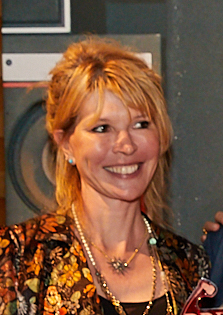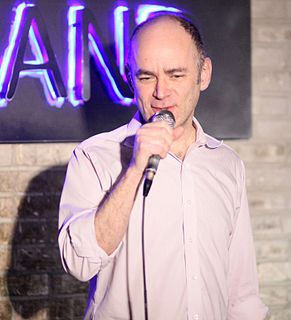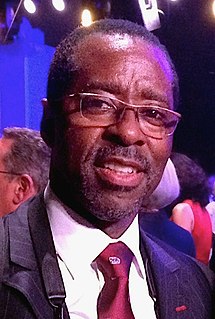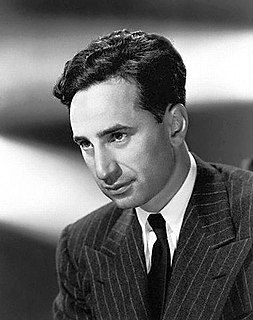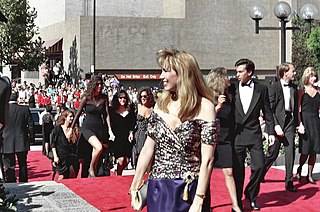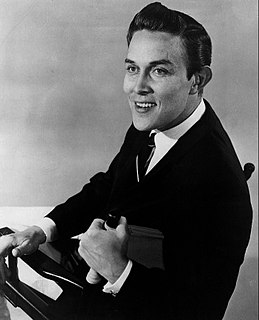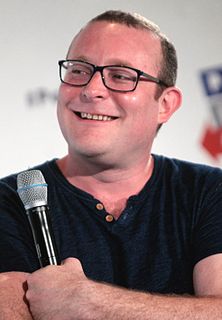A Quote by Julia Davis
I do think, with people in comedy, you can have your time, as it were, and then you don't realise that it might have gone. I hope it hasn't for me. I think what I do is, I just... I just try to plough my own furrow, in a way.
Related Quotes
The problem with a lot of comedy clubs is not that they are a comedy club; it's just the cheesy way they're presenting themselves. That's why a lot of people have a problem with them. If you're a relatively unknown comedian, you can play at a comedy club, you might play to hundreds of people every night. But if you try to make a concert event out of it, and try to play a rock club or something, where you might play to 10 people or no people. And the flipside of that is, that's also a great thing, to play to people who are your fans. Some people are too hard on the comedy clubs.
I can see,’ Miss Emily said, ‘that it might look as though you were simply pawns in a game. It can certainly be looked at like that. But think of it. You were lucky pawns. There was a certain climate and now it’s gone. You have to accept that sometimes that’s how things happen in the world. People’s opinions, their feelings, they go one way, then the other. It just so happens you grew up at a certain point in this process.’ ‘It might be just some trend that came and went,’ I said. ‘But for us, it’s our life.
Wes Anderson is a perfectionist, so you have to just be ready to try it this way, try it this way, try it that way, and then try it this way. And then, once you think you've got it all and it's done, then you're going to be called back in two or three months so you can try it that way and try it this way. You've got to give him all of it.
Gary Ross one of those directors which lets you do what you need to do to become your character - he lets you try to do everything on your own when you're acting. Then at some points he would say, "Let's try this," or "Let's try that." Most of the time he just kind of let me try to just become my character on my own and it worked out really well.
I think that we as a culture, not just in entertainment journalism, but in general the boundaries have become extreme. You know, all bets are off and it seems that there's not much that we consider off limits. I'm just glad that I was in it at the time when I was, which just seemed like - maybe everybody feels that way then they do a look back on their life and career. And I always think for me, my motto is 'ever forward' and I think that's the best way to live your life.
...Listen to your own thoughts and feelings very carefully, be aware of your observations, and learn to value them. When you're a teenager—and even when you're older—lots of people will try to tell you what to think and feel. Try to stand still inside all of that and hear your own voice. It's yours and only yours, it's unique and worth of your attention, and if you cultivate it properly, it might just make you a writer.
I knew I just loved comedy, and I think it was my parents who initially brought up the notion of me trying to do stand-up. I think I actually tried writing jokes just at home, just kind of sitting around. But it seemed like a very real way to step into the world of comedy. I felt I could do it, so why not?
I think the kids in school that laughed at the clothes that we wore and the house that we lived in, and then my mother had to cut hair... I think that was a good motivator. Every time they laughed at me, they just built a fire, and there was only one way to put it out - to try and show 'em I was as good as they were.
You have a tendency to just remember the bad times and bad moments. I think that often it's the way of life. Yet the rewards we got from it were fantastic and we played a lot of shows to sellout audiences in I don't know how many cities. I just think we didn't realise how insane it was until we were actually right in the middle of it and couldn't stop. We just couldn't stop.
